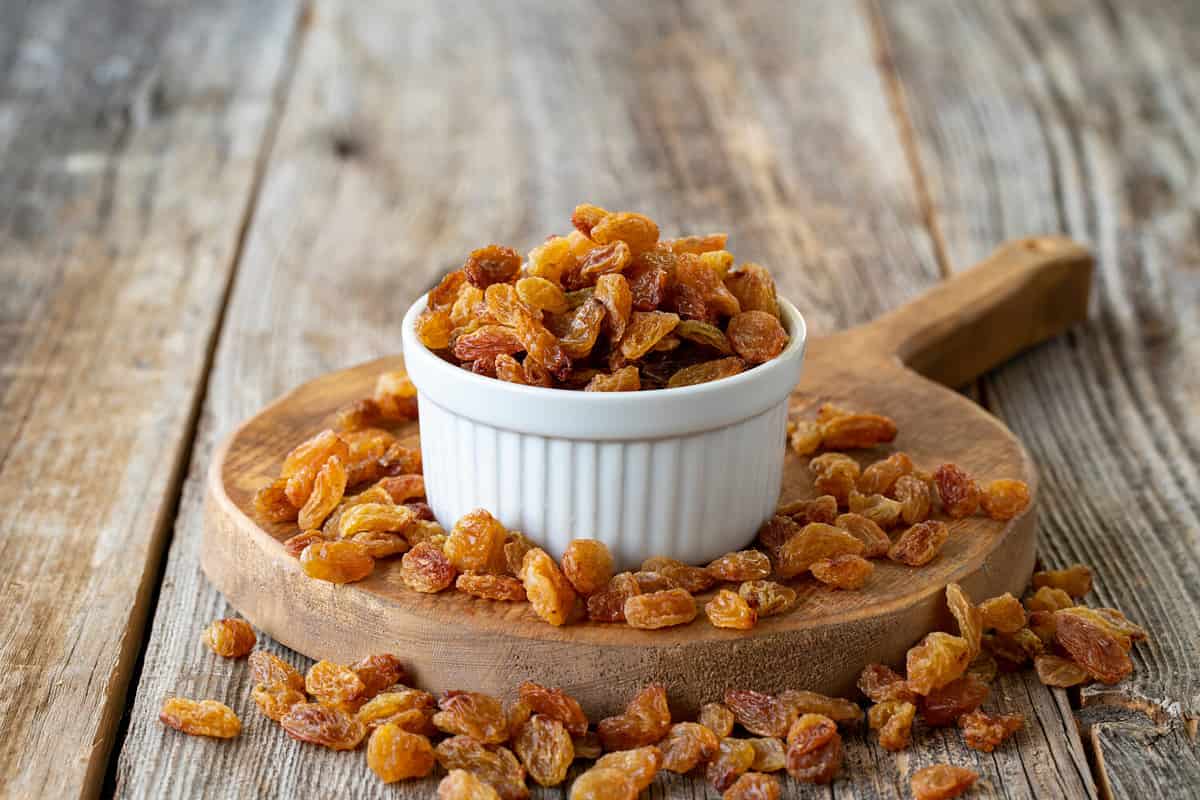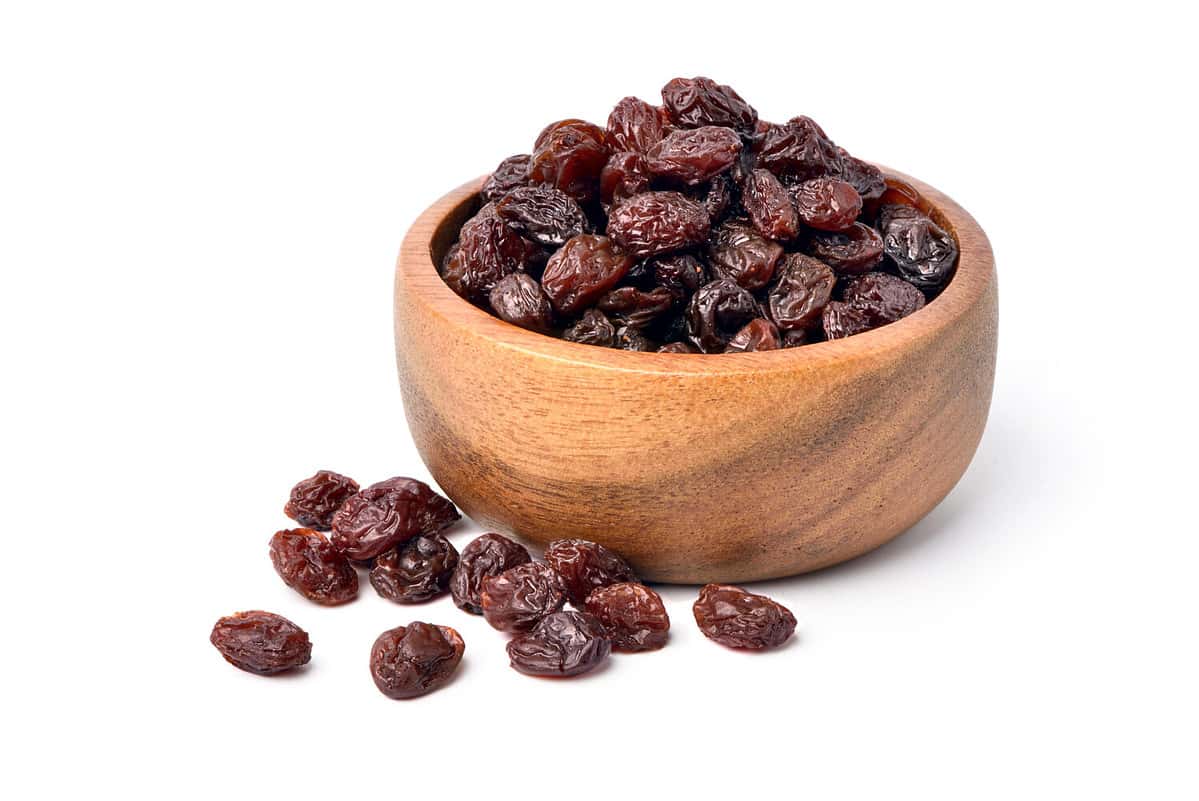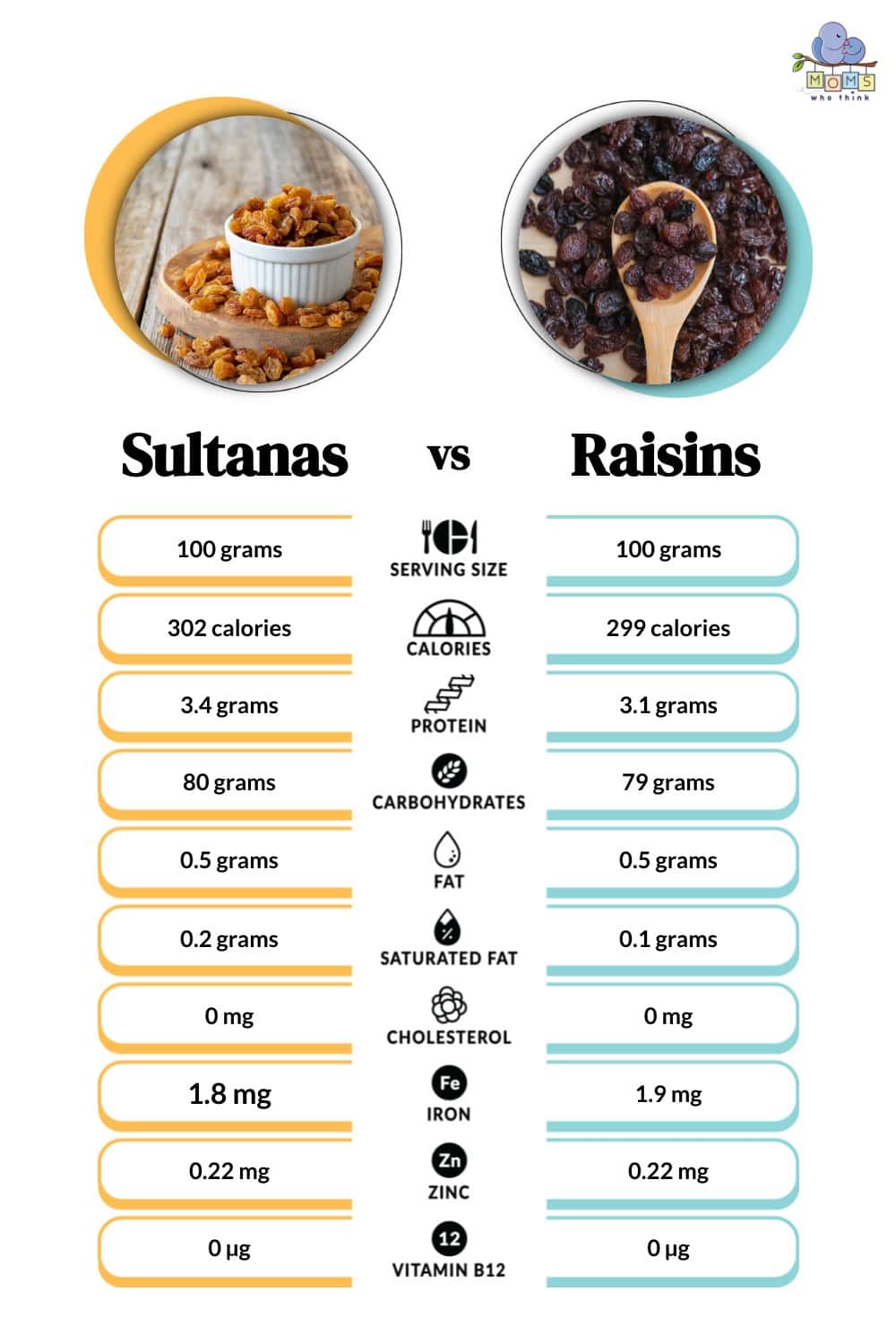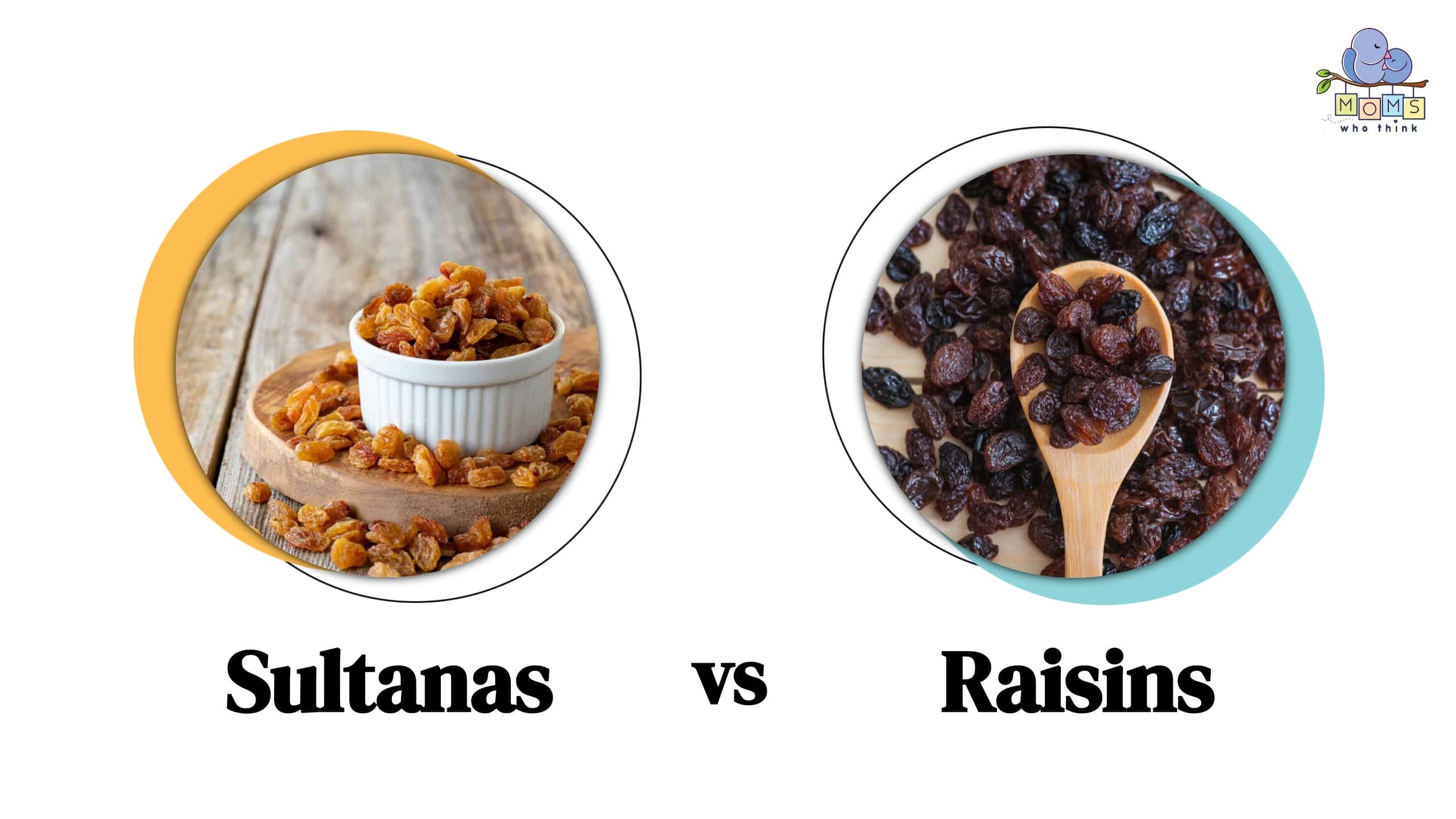Raisins are a popular snack. They are great on their own or in a salad. It's common knowledge that raisins are dried grapes, but did you know there are different types of dried grapes? It's true! Apart from raisins, there are also sultanas and currants. For this article, we will be exploring the difference between sultanas and raisins.
Raisins and sultanas make excellent and quick snacks for little toddlers and children. If you want to add more nutrients and health benefits to your child's diet, going with either one of these options is a great choice!
What Are Raisins and Sultanas?
To explore the differences between raisins and sultanas, we first need to discuss what exactly they are. Raisins and sultanas are grapes that have undergone the drying process. From there, it gets a little sticky.
In the United States, raisin is an all-encompassing term that covers both raisins and sultanas. You have the typical raisin, and then sultanas generally have the label golden raisins and sultana raisins.
However, in other countries, labeling these tasty treats is based on the type of grapes and the processing method each undergoes.

©Enez Selvi/Shutterstock.com
Sultanas vs. Raisins: Main Differences
Although both are various forms of dried grapes, plenty of differences can help us tell them apart. Let's explore those differences below.
Different Types of Grapes
One of the main differences between raisins and sultanas is the type of dried grapes they come from. Raisins in the United States are usually Thompson Seedless varieties. However, this varies in other countries, using different forms of grapes for both. Sultanas are small, seedless grapes that are typically green.
Processing Methods Between the Two
Another difference is in the processing method of raisins and sultanas.
First, let's take a look at raisins. The processing method of raisins includes drying the grape for three weeks. The longer the grape dries, the darker it becomes in color.
Sultanas, on the other hand, do not dry as long as raisins typically. This is because they are first covered in an oil-based liquid. Additionally, the sultanas maintain a lighter color because the processing doesn't take as long. Sulfur dioxide is also used on the sultanas to keep their color.
Appearance, Flavor, and Texture Differences
These snacks vary in appearance. For starters, Raisins are usually dark in color, while sultanas are lighter. They typically carry the label golden raisins in the United States. Their colors are different because of their varying processing methods. The longer the raisins dry, the darker they become. In contrast, sultanas maintain their lighter color because of the oil-based liquid and sulfur dioxide they are treated with.
Additionally, raisins have a smooth texture compared to sultanas. They are usually larger and mild in flavor as well. At the same time, sultanas are smaller, more succulent, and sweeter.

©Photoongraphy/Shutterstock.com
Health Benefits of the Two
When you consider that these treats are both dried grapes, it makes sense that they are high in nutrients. They are virtually the same when it comes to health benefits. For starters, they carry plenty of fiber, vitamins, and nutrients. This is because when the grape is dried, the water content is reduced, leaving all the essential benefits!
In addition, raisins and sultanas can give you a sense of fullness that will help curb hunger and appetite. Some studies even highlight the health benefits of lowering blood pressure and improving blood sugar!

When to Use Raisins and Sultanas
Raisins and sultanas are excellent additions to many different dishes. They are very versatile! You can add them to your oatmeal, helping you stay full with all the fiber. They are also great in baked goods like cookies or bread. Add either one to a homemade trail mix, cheese platter, or salad. Both of these make excellent and quick snacks for yourself and your kids. The options are plenty!
In Conclusion
If you want a quick snack that kids love, try raisins or sultanas! There are fantastic benefits to both of these yummy treats. Since they are technically grapes, they offer health benefits like plenty of fiber, extra vitamins, and possibly lower blood pressure!
Raisins are smooth in texture and mild in flavor. They are chewy and perfect for little toddlers looking for a quick snack. Sultanas are juicy, sweet, and smaller in size. Their golden color can also be very enticing to little ones! Regardless of which one you decide to go with, you can't go wrong. These snacks have plenty of benefits, not to mention they are pretty delicious!

